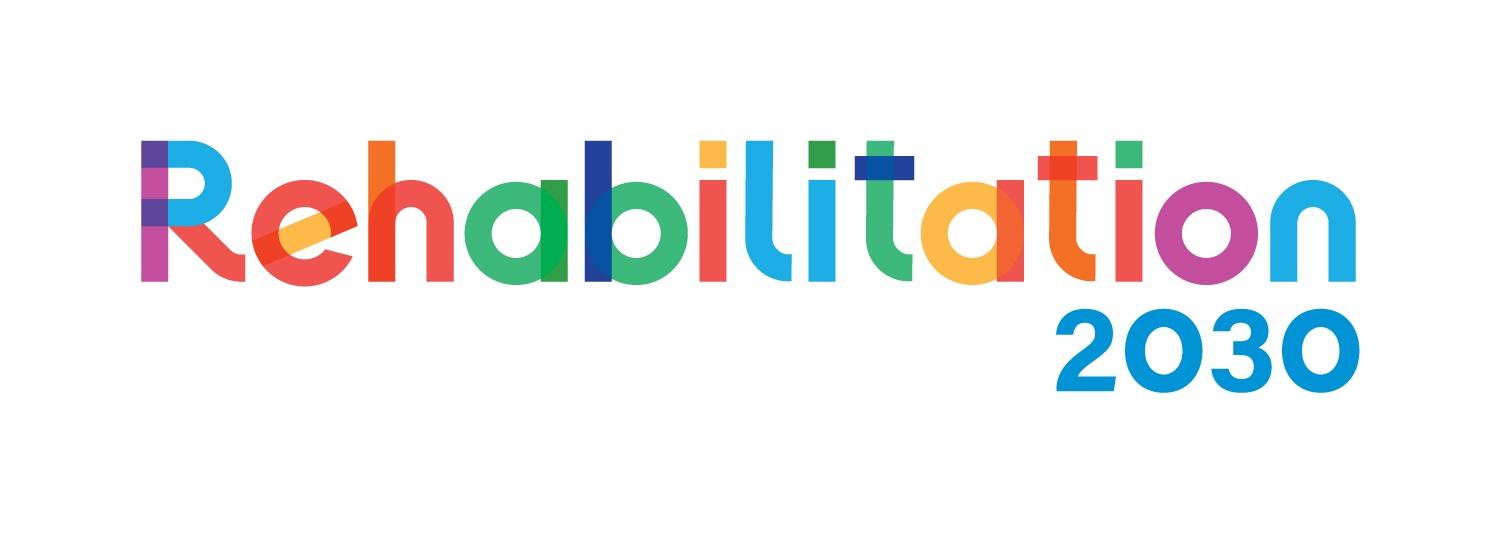Assess

Assessing for the areas of difficulty is the first step in a self-care assessment. It enables the health professional to identify the care modules for providing rehabilitation.
There are four (4) activities under the Activities of Daily Living Care Module:
- Bathing and Personal Hygiene
Ask the person: Do you have difficulty:
- washing and drying every part of your body adequately?
- getting in and out of the bath or shower safely?
- remembering the location and uses of bathing and personal hygiene items?
- seeing clearly in the bathroom environment?
- using the bathroom without getting fatigued?
- combing your hair?
- brushing your teeth?
- shaving or applying makeup (as relevant)?
If the person answers ‘YES’ to any of the above, proceed to the next step which is the ‘PLAN’ step.
- Dressing
Ask the person: Do you have difficulty with:
- getting clothes from closets and drawers or suitcases?
- putting on and removing clothes and outer garments, complete with fasteners?
- putting on and removing shoes, and tying your shoe laces?
If the person answers ‘YES’ to any of the above, proceed to the next step which is the ‘PLAN’ step.
- Feeding
Ask the person: Do you have difficulty with:
- getting food from a plate or bowl into your mouth?
- cutting food up, spreading butter?
- properly chewing and swallowing food?
- keeping yourself clean while eating?
If the person answers ‘YES’ to any of the above, proceed to the next step which is the ‘PLAN’ step.
- Toileting including bladder and bowel management
Ask the person, do you have difficulty with:
- controlling your bowel or bladder and preventing accidents?
- getting on and off the toilet?
- pulling clothing down and up?
- cleaning yourself after toileting?
- using incontinence products (catheters, pads, pull-ups, liners)?
![]() Question
Question

Remember Tevita?
Tevita is an elderly woman who is frail and has osteoarthritis of the knees as well as diabetes for which she takes medications. Due to her frailty, Tevita’s hands usually shake when she attempts to hold cutlery to eat or a cup to drink. Her osteoarthritis makes it difficult for her to stand and take her bath, do house household chores or move around.
Tevita also easily forgets the things she needs to do and does not remember phone numbers or how to retrieve them on her mobile phone easily. When Tevita decides to go shopping, she sometimes cannot remember what she wants to buy or her destination.
What are the questions you would ask Tevita to determine is she has
difficulties with Activities of Daily Living?
